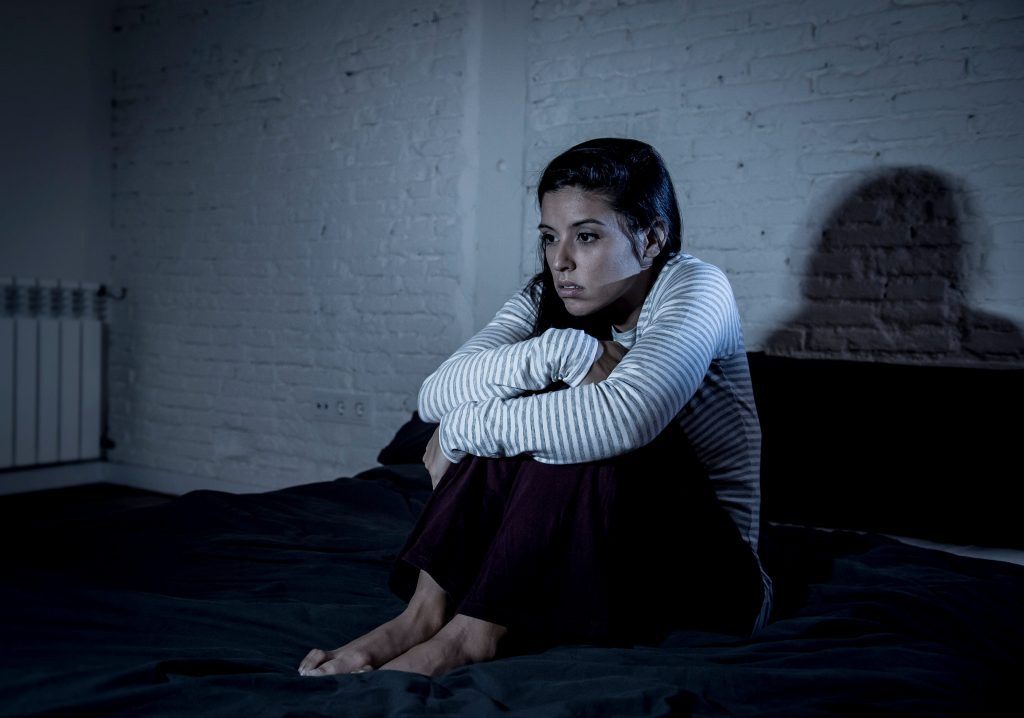Internet usage can possibly be monitored. If you need to exit this page quickly, close the tab or click “Women Deserve Better” in the upper left corner. To delete this webpage from your browser’s memory, go to your browser’s settings. If you need immediate help, call The Hotline 1-800-799-SAFE (7233) or 911.

When you don’t feel safe at home, there are people and organizations available to help.
You are not alone.
First, this information will take you to online sources that can give you valuable information about seeking refuge from a domestic abuse situation. This article will also provide numbers for you to call, if you don’t want to risk having your searches cached on the computer.
Be safe: Be aware of your surroundings and, if need be, clear all the browsing history on all your devices. Go to the upper right hand corner of your browser. Click on the dropdown section, go to “History,” and select the “Clear browsing data” button. This will clear your browsing history. Some computers can be monitored, and clearing the browsing history won’t be enough. If you feel this could be your situation, you might be better off calling on a non-monitored phone. Find a local grocery store, restaurant, or gas station if there is not a payphone available to you.
The National Domestic Violence Hotline gives you several helpful tips on reaching out for support in a safe way.
Reach out to a friend: Sometimes, making a phone call or contacting a local shelter isn’t an option. If there is someone in your life whom you can trust, reach out to him or her and voice your concerns. Let him or her know that you are seeking help from an abusive situation and need a place to go for support.
Go to a local place of worship: If you can get to a local place of worship, someone there should be able to put you in contact with local abuse shelters or give you a phone number to call. Be open and honest about how you are feeling, and let them know your situation. People need to understand your fears and situation so that they can help you to the best of their ability.
What if your abusive partner is also your caregiver? This article will give you information and tips on how to see signs for an abusive partner and what you can do if you want to leave.
Taking Care of Your Children
Some advice from the National Coalition Against Domestic Violence:
- It is often the case that people who abuse their partners are not good parents. They are are more likely to physically or sexually abuse their children, and if nothing else, they are poor role models for their children, often becoming worse as the children grow older.
- Children are much more harmed by living in a home with domestic violence than they are by divorce or separation.
- Children should be told that abuse is wrong.
- Children should be told that they should never get in the middle when one parent is abusing the other, that they should go somewhere where they will be safe and, if they can do so safely, call the police.
- Children should be taught how to call the police for help, how to give their names, the address where they are calling from, and a brief explanation of why help is needed (e.g. Daddy is beating up Mommy). They should know that dialing 911 on a cell phone may not get the local police.
- Unless you have court permission to relocate, you may lose custody by fleeing with the children to another state. It is important to work with domestic violence advocates or a lawyer if you plan to leave with the children.
- If you leave without one or more of her children and want custody of them or to protect them, it’s important to talk to a lawyer or domestic violence advocate about getting an order of protection and/or custody order, and the sooner you do this, the better.
Additional Resources
1-800-799-SAFE (7233)
or Deaf callers on video phone 1-855-812-1001 (Monday to Friday, 9 a.m.—5 p.m. PST) or TTY 1-800-787-3224
